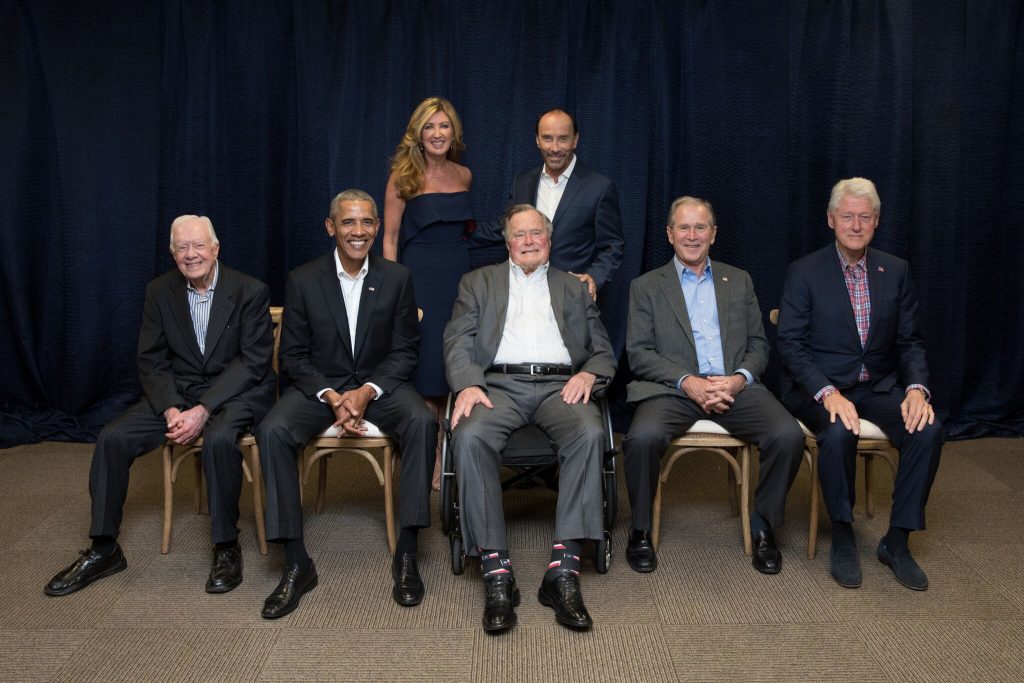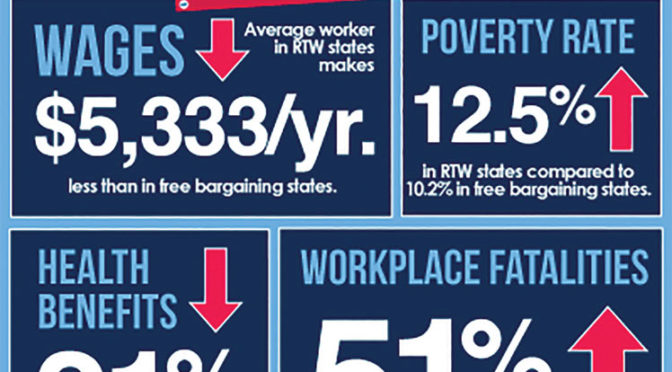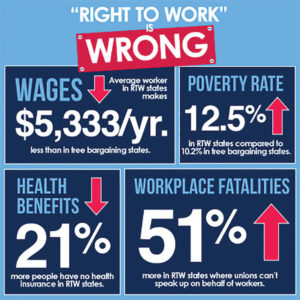Two-time CMA Male Vocalist of the Year, and Grammy-winning country music artist Lee Greenwood was announced on November 1 as an appointee to the John F. Kennedy Center Board of Trustees by President Donald J. Trump.
Greenwood, a longtime member of Local 369 (Las Vegas, NV) and Local 257 (Nashville, TN), would serve as Member of the Kennedy Center Board of Trustees through September 2024.
He continues to serve on the National Endowment of the Arts’ National Council on the Arts, an appointment received by then-President George W. Bush in 2008.
“I just found out I was appointed as a trustee to the Kennedy Center. Thank you President Trump,” Greenwood said. “This is a tremendous honor. The Kennedy Center is the premier performance hall in the United States!”
The writer and performer of the iconic patriotic anthem “God Bless The USA” has met or performed for nine United States presidents. In October 2017, Greenwood hosted and performed for the One America Appeal—a hurricane relief fundraiser concert hosted by Presidents George H.W. Bush, George W. Bush, Jimmy Carter, Bill Clinton, and Barack Obama. The concert concluded fundraising on December 31, 2017 with $42 million raised from over 110,000 donors. To assist those impacted by the 2017 hurricane season, funds were distributed in Texas, Florida, Puerto Rico and the American Virgin Islands.

Earlier this year, Greenwood celebrated the 35th anniversary of the release of his signature hit song, “God Bless The USA.” The song first appeared on his 1984 album, You’ve Got a Good Love Comin, and spent 37 weeks on Billboard’s Hot Country Songs chart, becoming a Top 10 Hit.
Throughout his expansive career, Greenwood has earned multiple CMA and ACM Awards, a Grammy Award for Top Male Vocal Performance in 1985, and a multitude of other prestigious award nominations. His discography includes 22 studio albums, seven compilation albums, seven No. 1 hits and 38 singles. Known for his stand-out patriotism and support of the U.S. Military, Greenwood has been honored with the Congressional Medal of Honor Society’s National Patriot’s Award, and entertained troops on more than 30 USO Tours.
Greenwood was appointed to the council of the National Endowment for the Arts in 2008 by President George W. Bush, confirmed by the United States Senate, and continues to serve on the NEA at the pleasure of the President.




